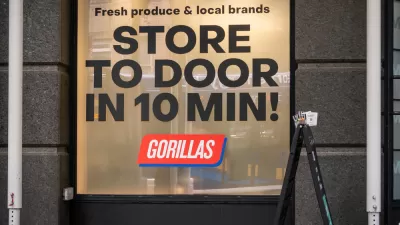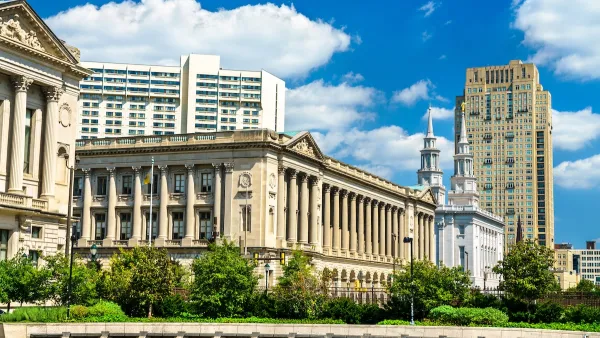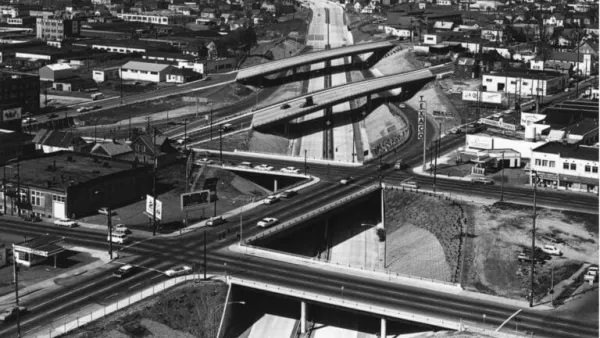Critics of card-only transactions say they exclude ‘underbanked’ individuals and limit access to essential services.

Writing in Smart Cities Dive, Paige Gross explains a “newly enforced” Washington, D.C. law that prohibits businesses from eliminating cash transactions. “Under the newly enforced law, it’s illegal for direct-to-consumer businesses — including bars, restaurants, general retailers and food stores — to refuse cash, charge a higher price to cash-paying customers or hang signs that say cash isn’t accepted.”
The law exempts online transactions and some parking garages. Other businesses must accept cash or provide a device on site where customers can convert cash to a prepaid card. Cashless payments, which some business owners consider safer than handling and transporting cash, became more popular in the wake of the pandemic, when social distancing called for touchless transactions.
Supporters of the ban say cashless transactions discriminate against ‘unbanked’ residents, who make up 8 percent of the D.C. population. Cashless businesses “make it exceptionally hard for marginalized groups to carry on with their everyday lives, said Harry Hayman, a senior fellow for the Economy League of Greater Philadelphia’s Food Economy and Policy.”
FULL STORY: Washington, DC’s ban on cashless businesses, explained

Planetizen Federal Action Tracker
A weekly monitor of how Trump’s orders and actions are impacting planners and planning in America.

Chicago’s Ghost Rails
Just beneath the surface of the modern city lie the remnants of its expansive early 20th-century streetcar system.

San Antonio and Austin are Fusing Into one Massive Megaregion
The region spanning the two central Texas cities is growing fast, posing challenges for local infrastructure and water supplies.

Since Zion's Shuttles Went Electric “The Smog is Gone”
Visitors to Zion National Park can enjoy the canyon via the nation’s first fully electric park shuttle system.

Trump Distributing DOT Safety Funds at 1/10 Rate of Biden
Funds for Safe Streets and other transportation safety and equity programs are being held up by administrative reviews and conflicts with the Trump administration’s priorities.

German Cities Subsidize Taxis for Women Amid Wave of Violence
Free or low-cost taxi rides can help women navigate cities more safely, but critics say the programs don't address the root causes of violence against women.
Urban Design for Planners 1: Software Tools
This six-course series explores essential urban design concepts using open source software and equips planners with the tools they need to participate fully in the urban design process.
Planning for Universal Design
Learn the tools for implementing Universal Design in planning regulations.
planning NEXT
Appalachian Highlands Housing Partners
Mpact (founded as Rail~Volution)
City of Camden Redevelopment Agency
City of Astoria
City of Portland
City of Laramie





























